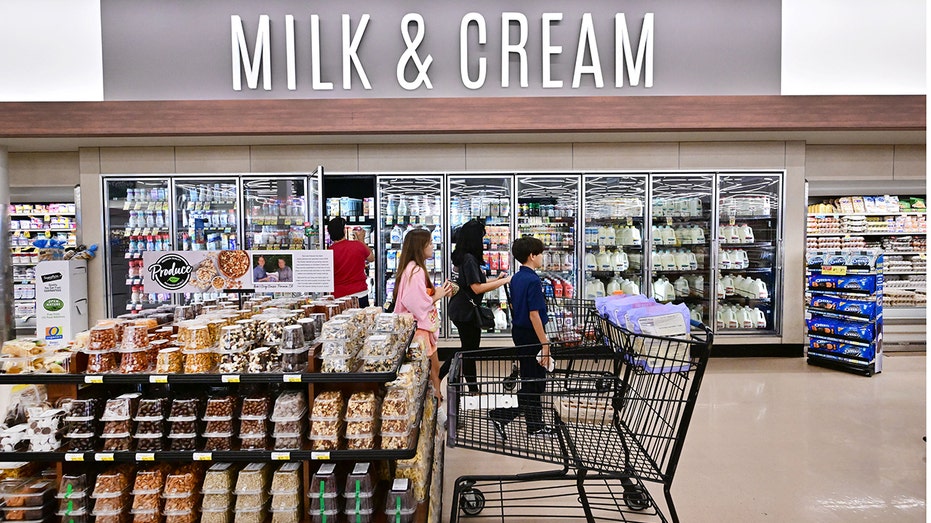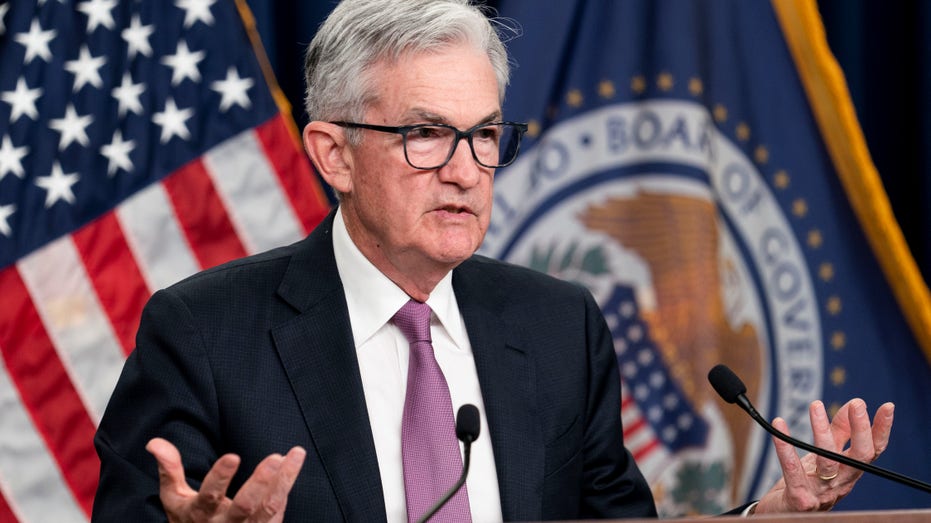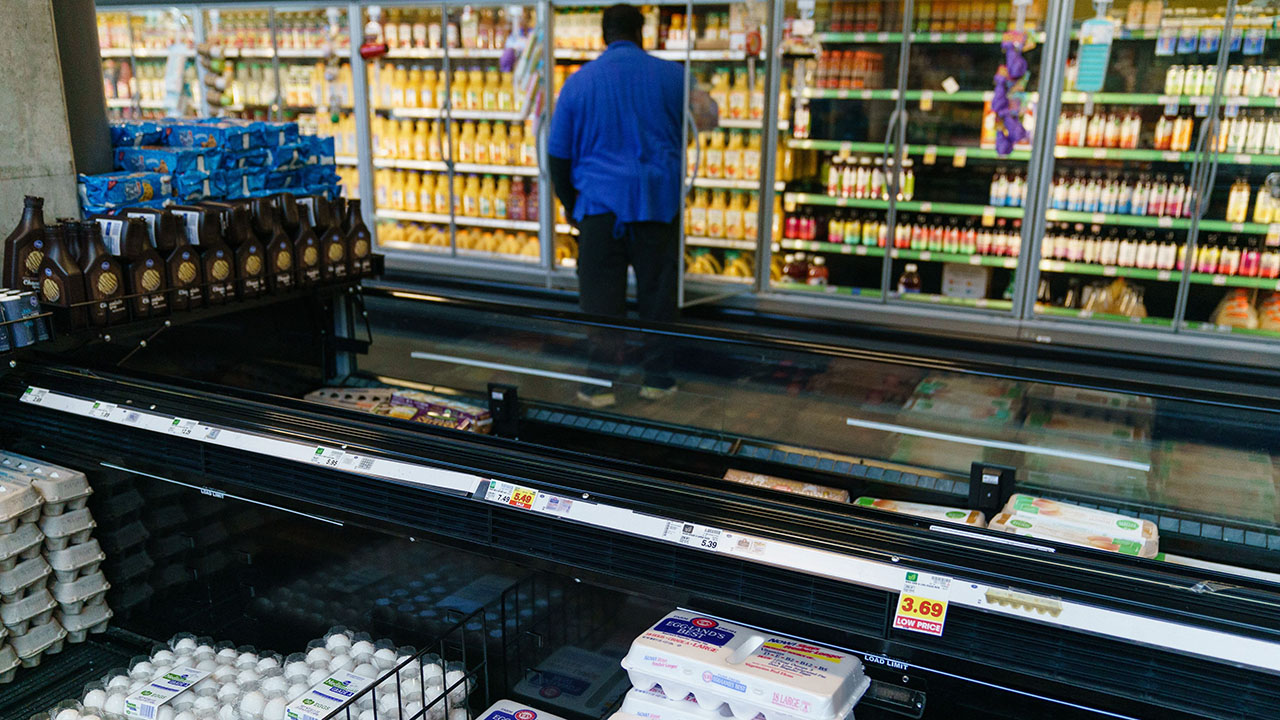Inflation gauge closely watched by the Fed accelerated more than expected in January
Economists expected core inflation to increase again in January
Inflation 'beast' was bigger than Fed's 'transitory' forecast: Scott Martin
Kingsview Asset Management CIO Scott Martin discusses whether investors trust the Fed and whether home prices need to correct on 'Cavuto: Coast to Coast.'
An inflation measure closely watched by the Federal Reserve rose faster than expected in January as consumer prices remain stubbornly high, according to new data released Friday.
The personal consumption expenditures (PCE) index showed that consumer prices rose 0.6% from the previous month — the most since June — and accelerated 5.4% on an annual basis, according to the Bureau of Labor Statistics. Those figures are both higher than the 0.2% monthly increase and 5.3% headline jump recorded in December, a worrisome sign for the Federal Reserve as it tries to crush runaway inflation with the most aggressive series of interest rate hikes since the 1980s.
Core prices, which strip out the more volatile measurements of food and energy, climbed 0.6% from the previous month and 4.7% year-over-year, also faster than in December.
"Core inflation in January was hotter than expected, all but insuring the Fed will continue on its rate hiking campaign for a lot longer than markets anticipated just a few weeks ago," said Jeffrey Roach, chief economist at LPL Financial.
HIGH INFLATION COSTING AMERICANS AN EXTRA $395 A MONTH
| Ticker | Security | Last | Change | Change % |
|---|---|---|---|---|
| I:DJI | DOW JONES AVERAGES | 50115.67 | +1,206.95 | +2.47% |
| I:COMP | NASDAQ COMPOSITE INDEX | 23031.213218 | +490.63 | +2.18% |
| SP500 | S&P 500 | 6932.3 | +133.90 | +1.97% |
Markets slumped after the report, with futures tied to the Dow Jones Industrial Average shedding more than 300 points.
In another worrisome sign that inflation is broadening throughout the economy, consumer spending also posted a surprise increase, jumping 1.8% in January from the previous month. Economists expected personal spending to rise 1.4%.

Shoppers walk through the dairy section of a supermarket in Montebello, Calif., on Aug. 23, 2022. (Frederic J. Brown/AFP via Getty Images / Getty Images)
US ECONOMY COULD SEE 'SECOND CHAPTER' IN PANDEMIC PRICE SURGE
The figures all point to strong underlying inflationary pressures within the U.S. economy that could force the Fed to raise rates higher than they expected even just a few weeks ago.
The Fed voted earlier this month to raise its benchmark interest rate another quarter percentage point to a range of 4.5% to 4.75% and signaled that a "couple more" increases are on the table this year.
But a slew of hotter-than-expected economic data reports, including the blowout January jobs report and a disappointing inflation report that pointed to the pervasiveness of high consumer prices, has raised the specter of a higher peak rate or more aggressive rate hikes.
The CME FedWatch tools show a 70% expectation of a 25 basis point increase when the Fed meets in March and a 30% chance of a 50 basis point hike.

Federal Reserve Chair Jerome Powell speaks during a press conference in Washington, D.C. (Liu Jie/Xinhua / Getty Images)
The Labor Department reported last week that the consumer price index rose 0.5% in January, the most in three months. The annual inflation rate also surprised to the upside at 6.4%.
Minutes released from the Fed's Jan. 31-Feb. 1 meeting on Wednesday show that a number of policymakers are worried an "insufficiently restrictive" policy stance could "halt recent progress in moderating inflationary pressures" and keep consumer prices elevated for a longer period.
CLICK HERE TO READ MORE ON FOX BUSINESS
"Participants observed that a restrictive policy stance would need to be maintained until the incoming data provided confidence that inflation was on a sustained downward path to 2%, which was likely to take some time," the minutes said.
Fed lost control of inflation when they started raising rates: Kenny Polcari
SlateStone Wealth chief market strategist Kenny Polcari reacts to January's hotter-than-expected PCE inflation report that triggered a Wall Street selloff on 'Varney & Co.'






















